BALTIMORE, MD – Experience life on the front lines of wildlife conservation with Dr. Lucy Kemp, project manager for the Mabula Ground Hornbill Project, during this FREE virtual Field Talk made possible by SC&H Group. Taking place on Wednesday, January 13, 2021 from 12:00 pm – 1:00 pm you will “travel” to South Africa to learn from Dr. Kemp about how the Mabula Ground Hornbill Project is conserving an African icon, the southern ground-hornbill. No registration is required. To access the Zoom link for this FREE talk, please click here.
Southern ground-hornbills are in trouble across much of their sub-Saharan range. A slow breeding biology coupled with a myriad of increasing threats has led to groups being extinguished across the landscape, leading to a loss of over 60% of their range in South Africa.
Dr. Kemp will discuss how the intensive conservation and research efforts during the past 20 years have brought hope to their continued existence. “Their habitat requirements are flexible as long as the people they share the landscape with protect them. A deep intrinsic cultural protection across much of the range has led to safe pockets of groups beyond the borders of protected areas,” noted Dr. Kemp. “We are working hard to strengthen these cores through custodianship, reawaken lost cultural appreciation, and then use reintroductions strategically to ensure vital gene flow between fragmented populations.”
Dr. Kemp will talk about the multi-disciplinary science-based approach which accounts for the strong social components needed for the protection of the species, which are the largest species of hornbill in the world. The bird sports jet-black feathers, has yellow eyes, and bright red throat. The fleshy part of the bird’s throat, called a wattle, identifies its gender. The throat of a male hornbill is red, while the female sports a patch of violet blue. The southern ground hornbill can fly up to 18 miles an hour and has an impressive wingspan that reaches about four feet across.
As a child, Dr. Kemp joined her parents, Alan and Meg Kemp, as they did much of the early research on the species in Kruger National Park in northern South Africa. Her childhood was filled with extremely early, but breath-taking, mornings out looking for groups, and helping to locate nests. It was there she developed her love, and deep need, for the wild.

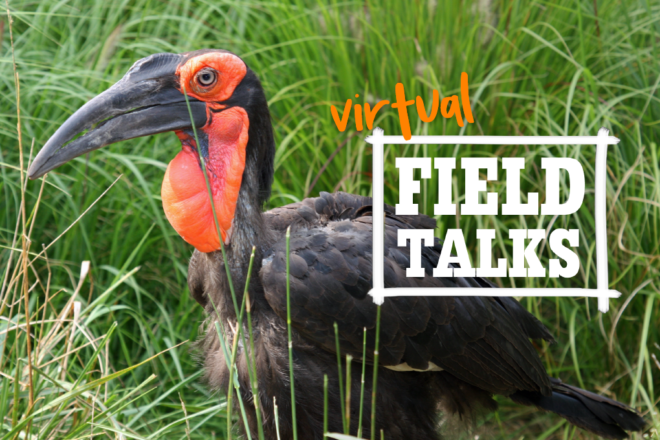
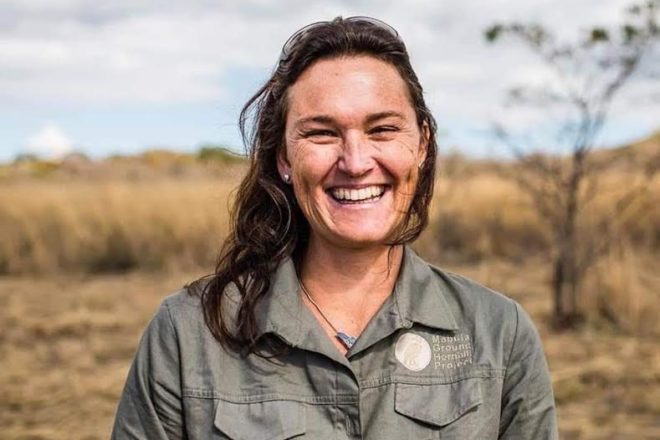

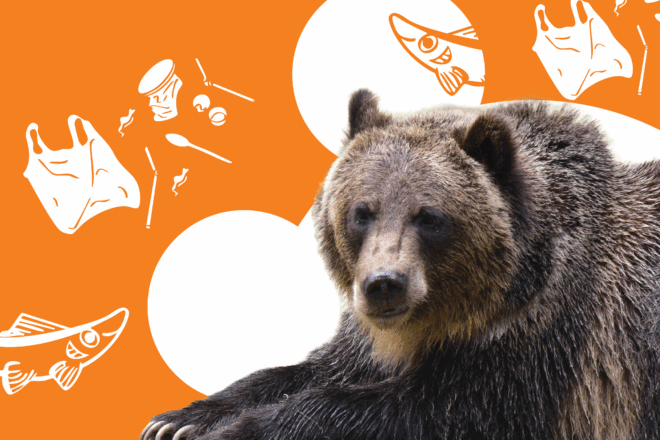
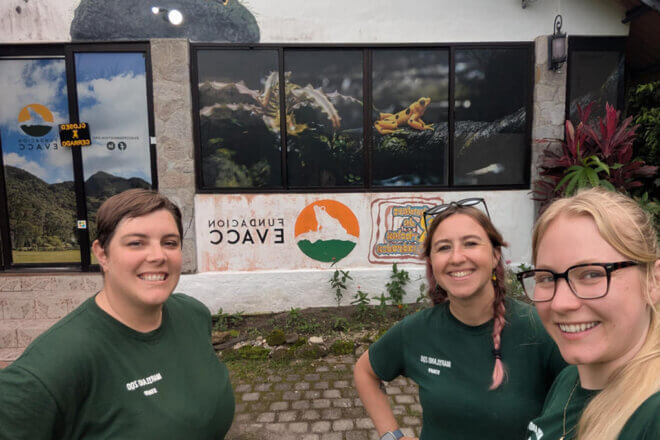
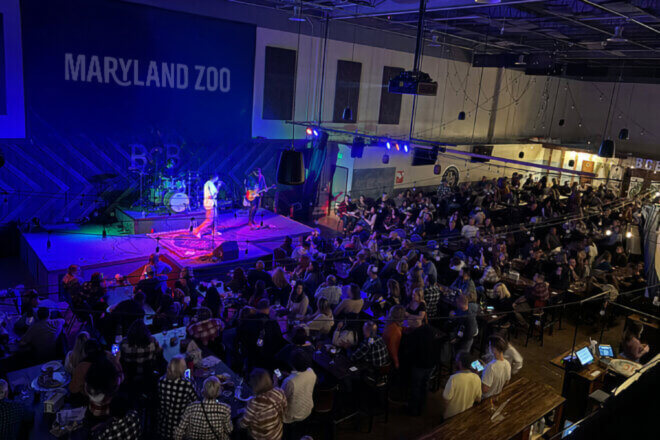
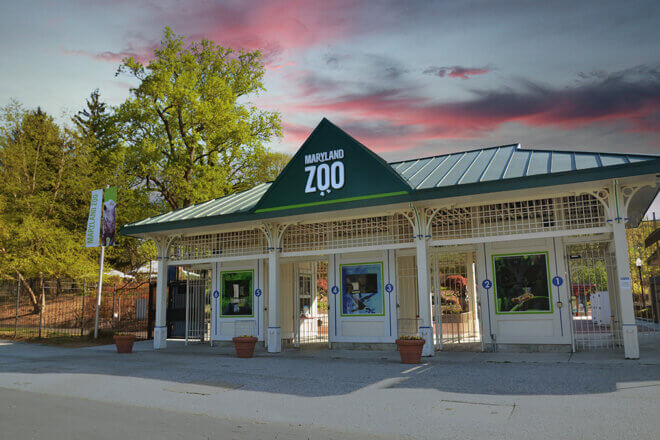
Share this article